Webchat
What We Do

Shine Helpline
Our confidential helpline is free and accessible 24/7 via phone or live webchat.
Learn more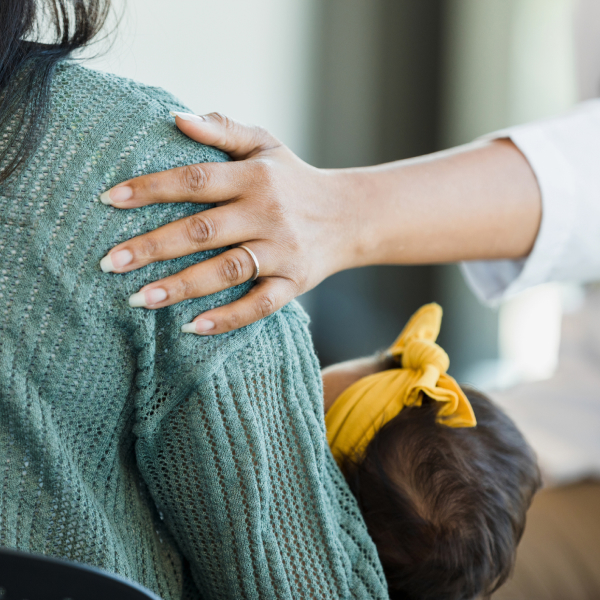
Advocacy
Our advocates can support you and help to meet your safety and well-being needs and advocate on your behalf.
Learn more
KIDshine
A structured, brief intervention service for children traumatised from experiencing or witnessing serious family violence, to increase their safety and wellbeing.
Learn more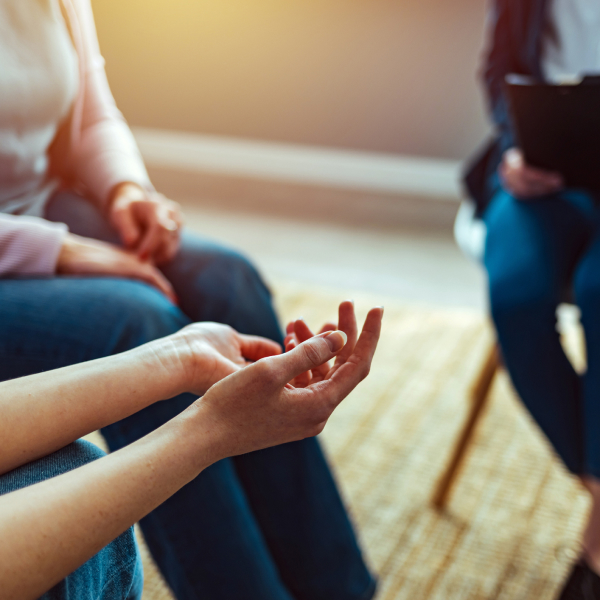
Safety Programmes
Supporting the safety of protected people and their children and providing them with strategies for dealing with their experiences of family violence.
Learn more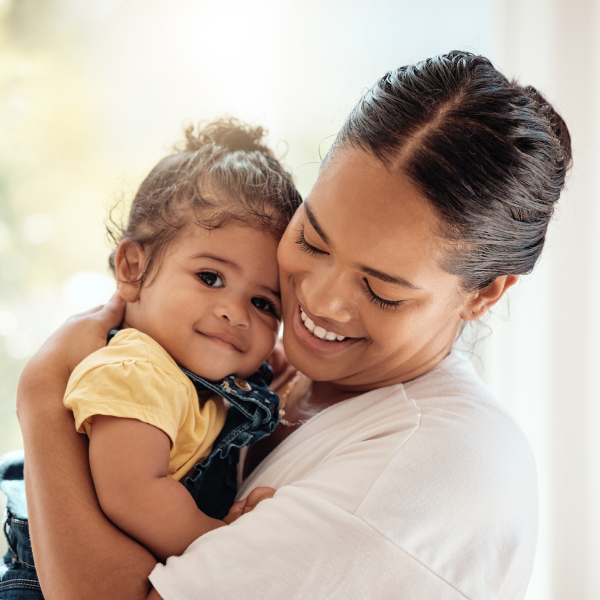
Safe Housing
Emergency accommodation options for women who want to leave an abusive partner but don’t have a safe place to go.
Learn more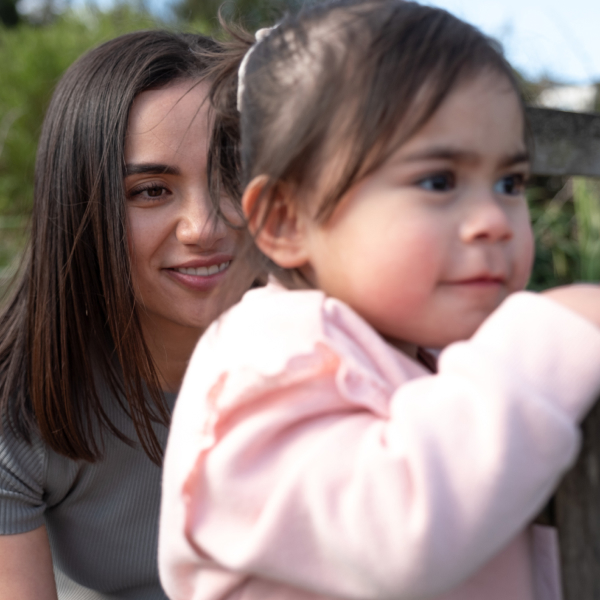
Whānau Resilience
A programme that builds relationships after family violence trauma for fathers/mothers and their children.
Learn more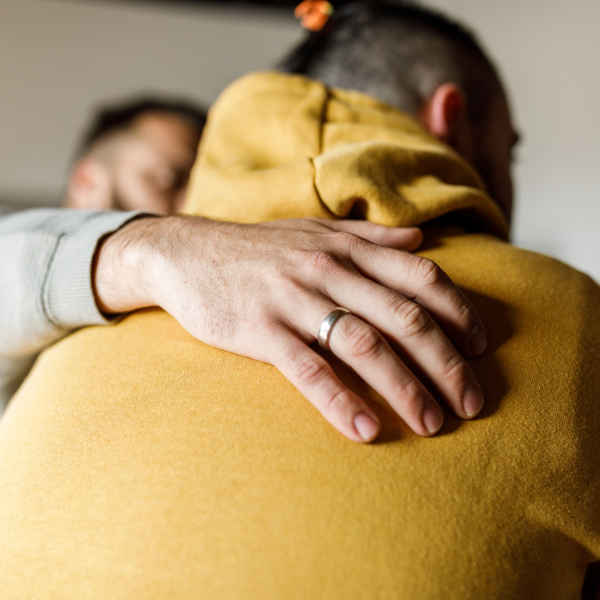
Non-violence Programmes
Supporting people to change their behaviour and develop the insight and skills they need to maintain respectful, non-violent relationships.
Learn more